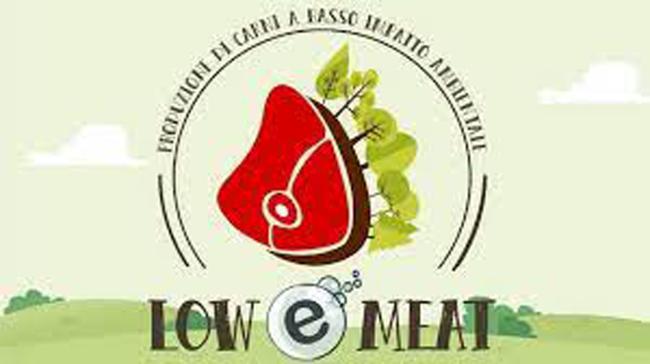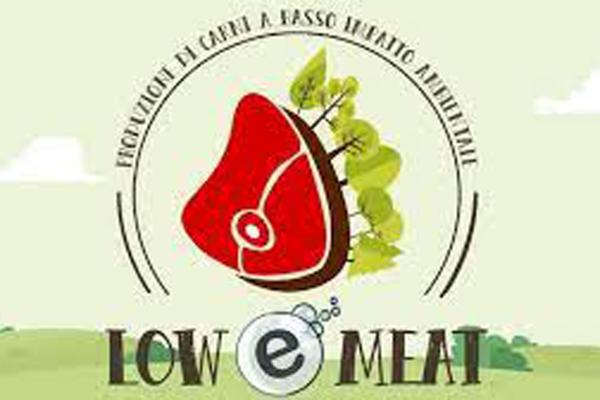Development of a low-greenhouse gas emissions system for beef cattle farms located in Veneto Region

The project aims to develop a "low emissions” beef cattle rearing model in Veneto, based on extensive or organic methods, to reduce ammonia and greenhouse gases emissions. To practice a sustainable beef production and possibly to switch to organic production in this specific area, needs of a feasibility study and the identification of factors that have so far prevented the extent adoption of these types of farming. All changes, require a comparison to the system currently in use, in order to monitor environmental benefits, the economic impacts and the effect on regional landscape.
The project will evaluate innovations, related to precision farming considering the entire production cycle of beef meat:
WP1: Agronomic interventions.
1. Evaluation of diffusion of "low emission" practices
2. To propose operational working protocols for farmers.
WP2: Barn interventions.
1. to control chemical composition of feeds and total mixed ration
2. to test a system of automatic preparation and distribution of the diet.
3. To develop a prototype for the control of the individual behaviour and body temperature to reduce losses in efficiency due to mortality or sickness of the animals.
Data collected within WP1 eWP2 will be used for certification of Environmental Product Declaration.
Livestock farming, particularly those confined to housing with no grazing area, has been the target of environmental and ethical accusations for years. Although this sector, especially in the Po Valley, has crucial importance, more than 40% of the meat consumed in Italy comes from other countries – is this importation sustainable? In fact, the national beef herd has remained stable over recent years. However, according to a report by Veneto Agricoltura on the Veneto region, the biggest Italian beef producer, from 2007 to 2017, the number of beef farms and of beef cattle dropped by 37.5% and 11.9%, respectively. Meanwhile, the average beef herd size increased from 48 to 68 units. This suggests that recently the Common Agricultural Policy has not increased the beef cattle population but is encouraging the remaining farmers to work more effectively, adopting good practices.
Agriculture and animal productions contribute significantly to the release of pollutants into the environment. These include reactive gases from global warming or climate-altering gases (carbon dioxide, methane, nitrous oxide), substances responsible for water eutrophication (nitrogen compounds) and soil and air acidification (ammonia). Institutions require greater sustainability of production systems and consumers are increasingly aware of environmental issues by directing their purchase choices towards products that offer greater guarantees of environmental sustainability. The LOWeMeat project aims to develop a decision-making system for the management of beef cattle farms of the Veneto region, which can reduce greenhouse gases emission.
This system will be based on innovative solutions to reduce the environmental impact of the beef cattle farms maintaining the high efficiency achieved by sector in Veneto. On the other hand, it will promote the correct information and visibility of this production chain to the consumer, with the creation of a line of "sustainable" products that are easily identifiable on the meat market.Hardware and software application involved in a new innovative “low-emission” beef production model in Veneto. The activities planned are:
- involvement of stakeholders through meetings, submission of questionnaires, discussion groups (topics: crops production, animal health, animal feeding in sustainable/organic context)
- good practices exchange in the sustainable beef farming;
- development and testing of the new “low-emission” beef rearing prototype system;
- dissemination of information by newsletter, social media and a web page.
| Titolo/Descrizione | Url | Tipologia |
|---|---|---|
|
Development of a low-greenhouse gas emissions system for beef cattle farms located in Veneto Region
|
Link ad altri siti che ospitano informazioni del progetto
|
|
|
Sito web del progetto
|
Sito web
|
|
|
Targa Informativa progetto LOWeMEAT
|
Link ad altri siti che ospitano informazioni del progetto
|
|
|
Targa Informativa progetto LOWeMEAT
|
Link ad altri siti che ospitano informazioni del progetto
|
|
|
Low Emission Meat
|
Materiali utili
|
|
|
AZOVE presenta LOWeMEAT
|
Materiali utili
|
|
|
Il risultato finale del progetto
|
Materiali utili
|
|
|
Il Video del progetto
|
Materiali utili
|
|
|
Evaluation of the automatic feeding system 1
|
Materiali utili
|
|
|
Evaluation of the automatic feeding system 2
|
Materiali utili
|
|
|
LOWeMeat Youtube Channel
|
Materiali utili
|
|
|
Veneto Agricoltura - LOWeMEA T presentation
|
Materiali utili
|
|
|
I risultati del progetto
|
Materiali utili
|

